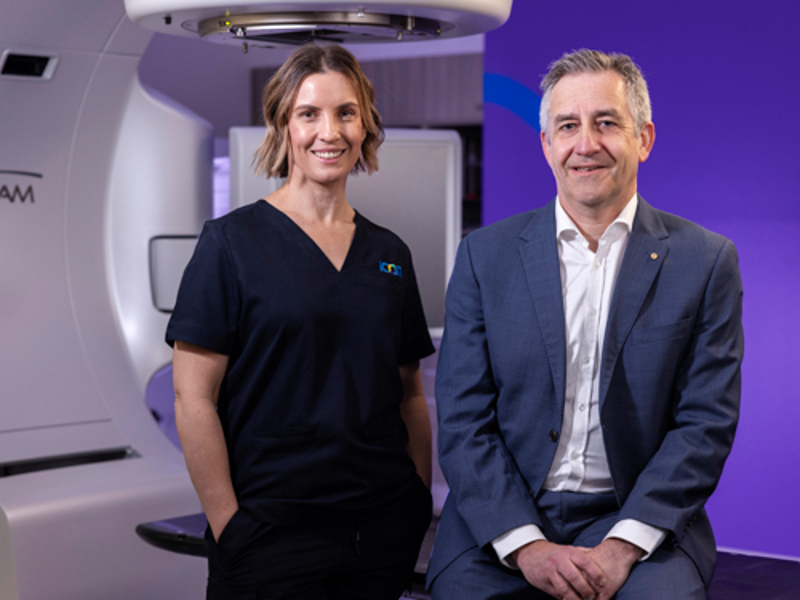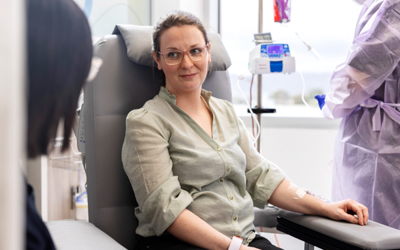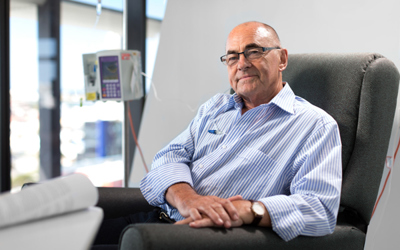What is anaemia?
Anaemia is defined as a reduced number of red blood cells in your body or a low haemoglobin level.
Red blood cells contain haemoglobin, which is responsible for transporting oxygen from the lungs to all parts of the body.
What causes cancer-related anaemia?
Chemotherapy can cause anaemia by interfering with the body’s natural process of creating new blood cells within bone marrow.

Signs and symptoms of anaemia
If you’re experiencing anaemia, you may have following symptoms including:
Fatigue and tiredness
Dizziness
Irregular or rapid heart rate
Headaches
Pain in your chest
Cold hands or feet
Difficulty catching your breath
Pale skin
How can anaemia be prevented/managed?
You will be assessed for any other possible causes which may increase your risk of anaemia
Your doctor will carefully monitor your red blood cell count with blood tests while you are having treatments which may put you at risk of anaemia
Your treatment dose may need to be adjusted if you are at risk of or become anaemic
Other options your health professional may discuss with you include iron supplementation and erythropoietic therapy (hormone to stimulate blood cell production)
Moderate to severe anaemia may require a blood transfusion. You can get further information from your care team.

When should I seek help from a health professional?
You should always report symptoms such as fatigue, breathlessness, dizziness and heart palpitations (feeling your heart beating rapidly).
You should go to the nearest hospital emergency department or call an ambulance if you develop shortness of breath and/or chest pain.
Every patient is different. Please discuss your own personal situation with your treating doctor or Icon care team.
Common side effects from chemotherapy
Anaemia
Appetite and taste changes Bleeding and low platelets (thrombocytopenia) Constipation Diarrhoea Feeling emotional Flu-like symptoms Hair loss Hand foot syndrome Infection Infertility Lymphoedema Mouth sores or ulcers Nausea and vomiting Peripheral neuropathy Sexual dysfunction Skin and nail changesReady to discuss your care?
We’re here to support you through your treatment. Get in touch with us for more information about our centre and the services we offer.




